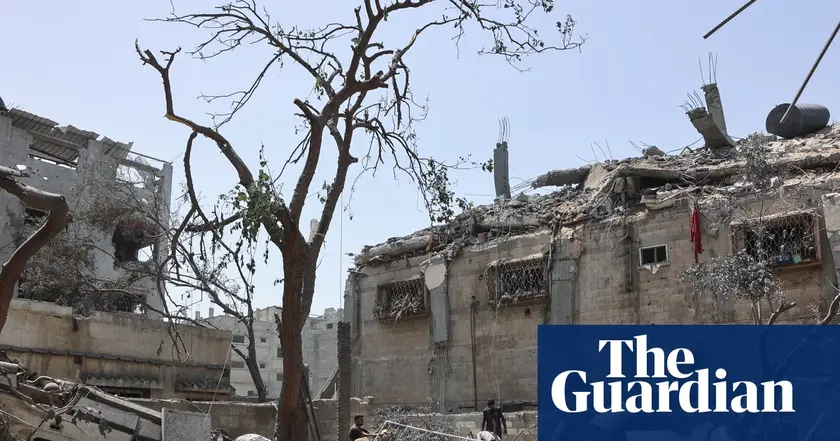T4K3.news
Israel moves toward Gaza City assault
Hospitals brace for mass evacuations as reserves are mobilized and hostages loom in diplomacy talks.
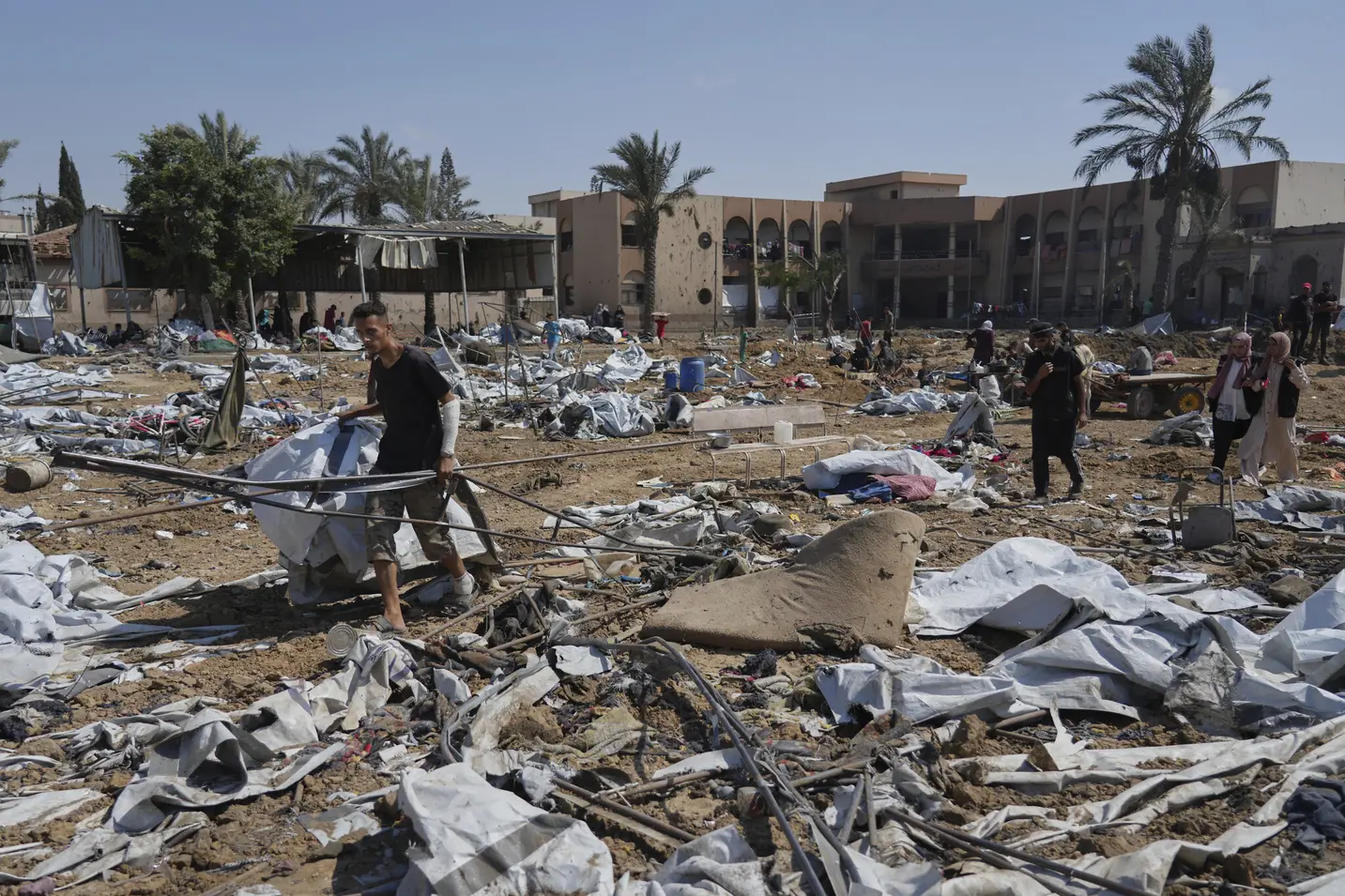
Editorial analysis of a planned Gaza City offensive, hospital evacuations and the humanitarian toll it could trigger.
Israel Advances Gaza City Assault as Hospitals Brace for Evacuations
Israeli authorities told hospitals and aid groups in northern Gaza to prepare for mass civilian evacuations as the army moves toward a planned assault on Gaza City. Prime Minister Benjamin Netanyahu met with top ministers to approve operational plans and discuss a potential hostage deal, even as mediators pressed for renewed ceasefire talks. The army began calling up 60,000 reservists to back the offensive, with officials saying the aim is to capture Gaza City and push Hamas from its remaining urban footholds. The government signaled a focus on freeing all hostages, but there was no immediate indication that mediating countries would dispatch a negotiating team.
International humanitarian groups warned that the push could trigger large-scale displacement and worsen hunger in a population already under severe strain. The Red Cross and UNRWA urged safe corridors and sustained aid deliveries, while residents reported ongoing shelling and protests in Gaza City. Aid infrastructure in the south was being prepared to receive evacuees, and medical facilities were told to plan for a surge of sick and wounded arriving from the north. The IDF reported a rocket near a humanitarian corridor but said no injuries occurred.
Key Takeaways
"Many will simply not have the strength to undergo a new displacement."
UNRWA head Philippe Lazzarini addressing the Geneva press club
"Gaza is a closed space, from which nobody can escape and access to healthcare and safe water is dwindling."
Christian Cardon of the International Committee of the Red Cross
"The intensification of hostilities means more killing, more displacement, more destruction and more panic."
Cardon speaking to AFP
"Manufactured famine."
Lazzarini describing the situation in Gaza
Analysts view the move as a high-stakes test of how far military momentum can go before humanitarian limits become the decisive international factor. The decision hinges on a delicate risk balance: vast numbers of civilians displaced, fragile aid networks stretched to the limit, and hostage diplomacy that could shape future ceasefire talks. The plan also tests Israel’s credibility on civilian protection as global scrutiny intensifies and aid access stays contested.
Observers warn that how evacuation logistics are managed will shape the war’s legitimacy in the eyes of the world. If corridors falter and aid lags, public reaction may constrain military choices and invite lasting political fallout. The coming weeks will reveal whether military gains translate into sustainable leverage or collapse under humanitarian and diplomatic pressure.
Highlights
- Civilians deserve safety not a bargaining chip
- Aid must reach those who cannot flee
- Gaza City is a humanitarian crisis not a political trophy
- Manufactured famine.
Political and humanitarian risk
The planned Gaza City operation carries high political risk and a real humanitarian cost. Mass displacement, potential civilian harm and hostage diplomacy could provoke international backlash and complicate aid delivery.
The situation remains dire and fluid as law, survival and strategy collide.
Enjoyed this? Let your friends know!
Related News
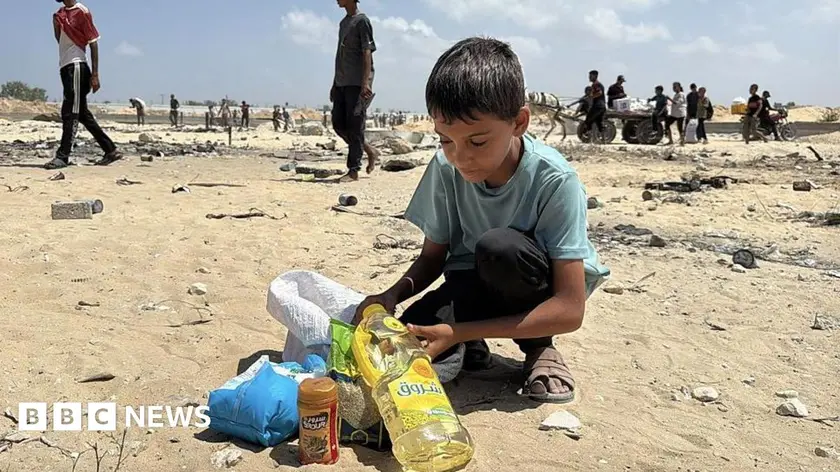
Israel moves on Gaza City
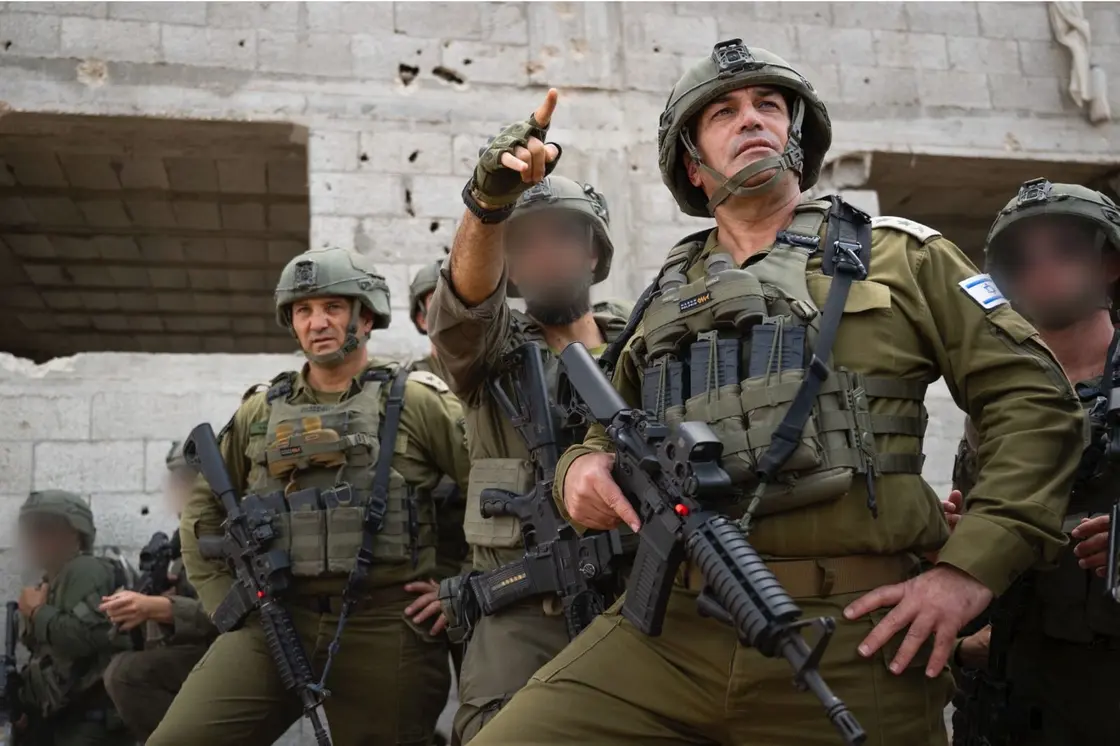
Israel faces legal duties as Gaza City operation unfolds
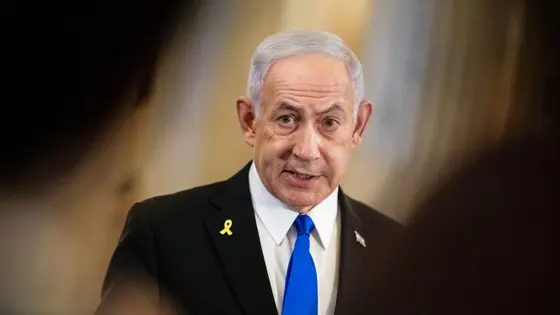
Hostage talks accompany Gaza City operation
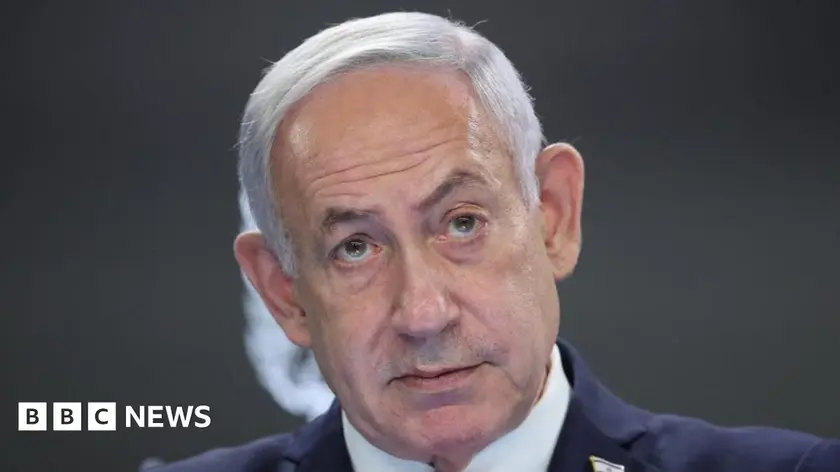
Netanyahu signals start of hostage talks
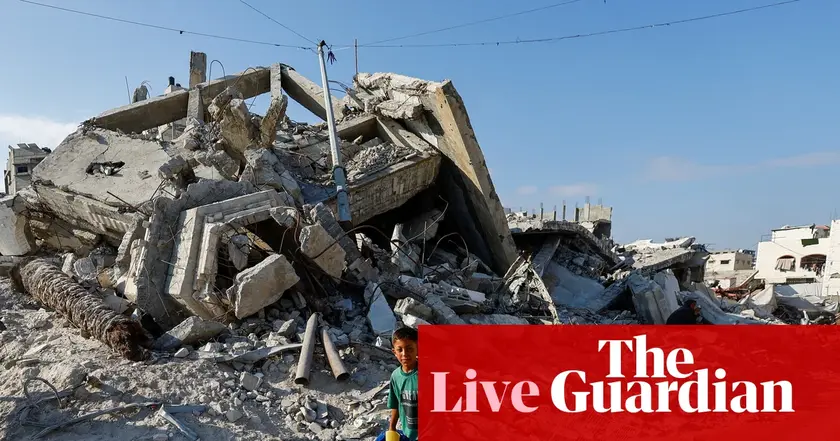
Twenty fatalities reported in Gaza aid truck tragedy
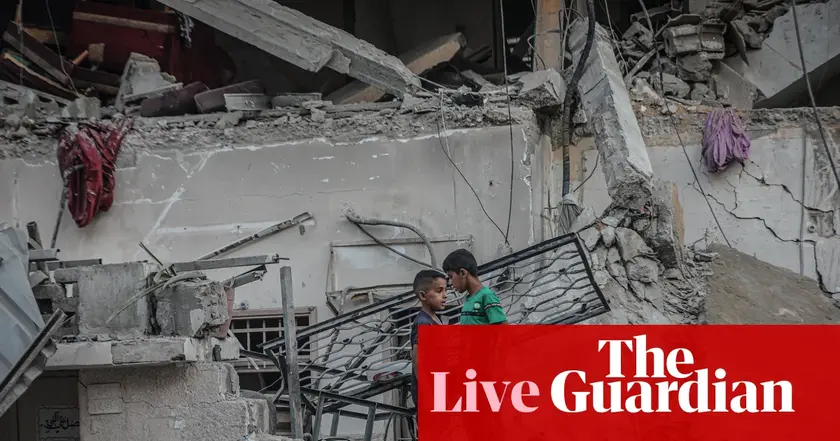
Israel mobilizes reservists for Gaza City push
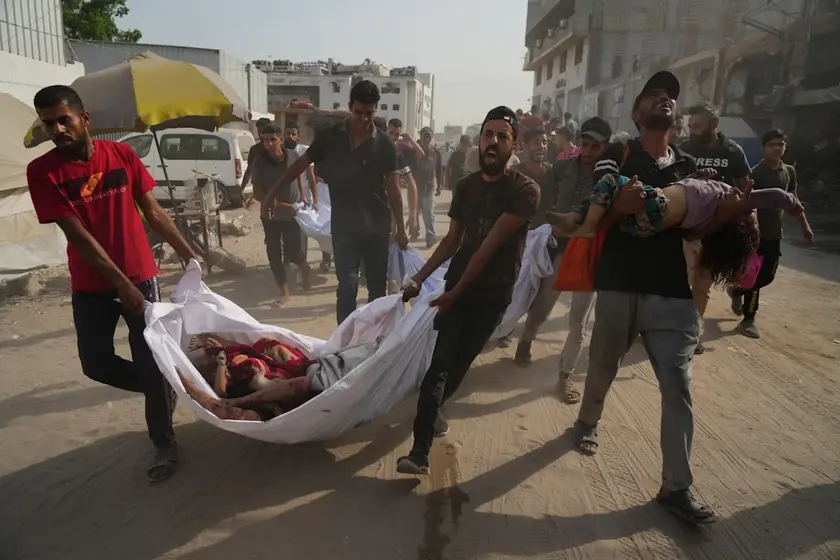
Gaza toll climbs as journalists die and states shift
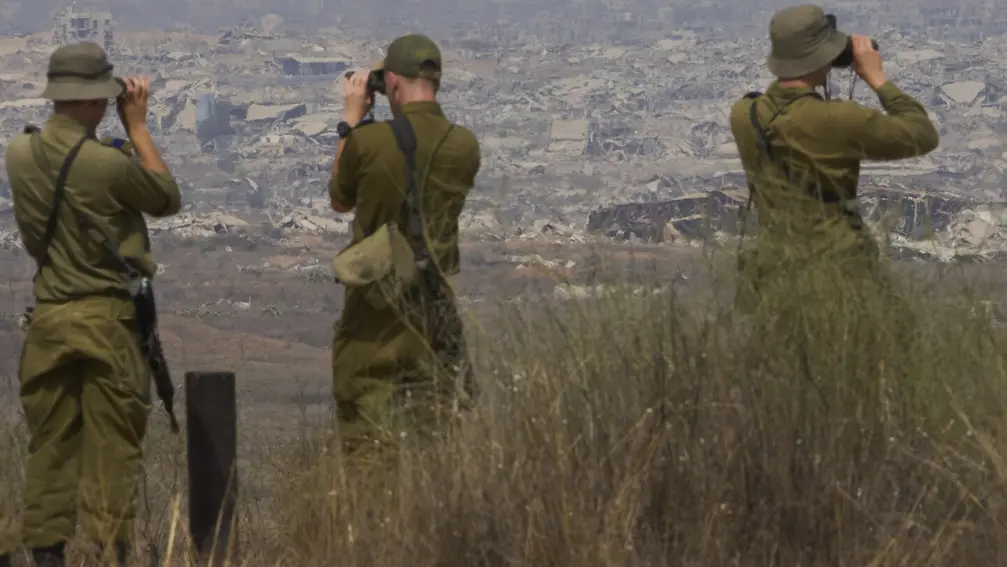
Israel expands Gaza operation
